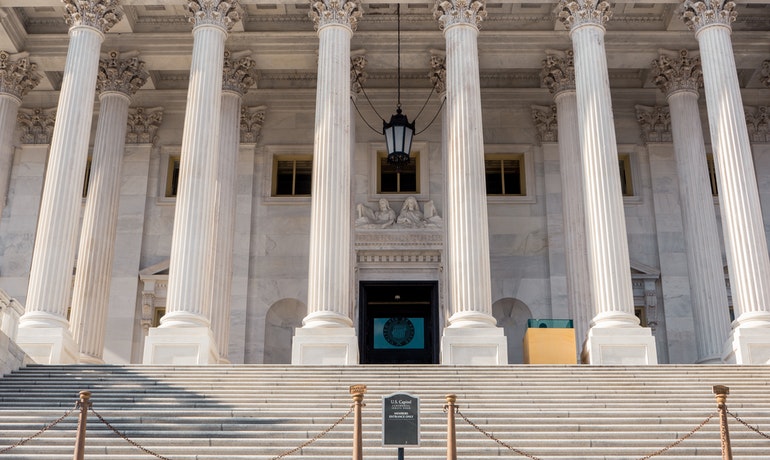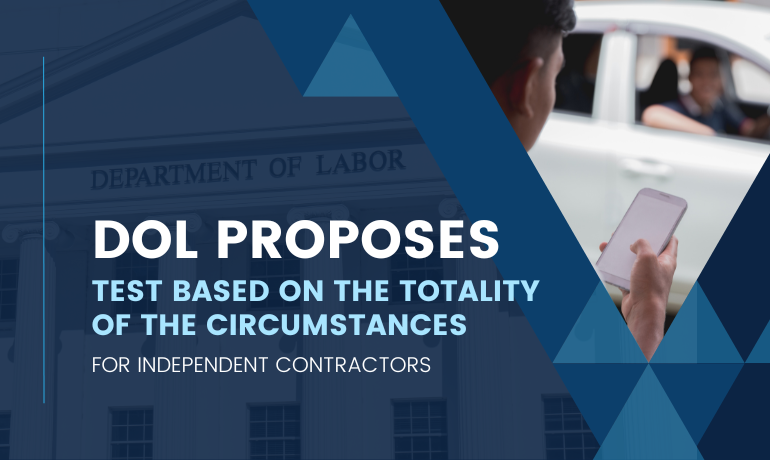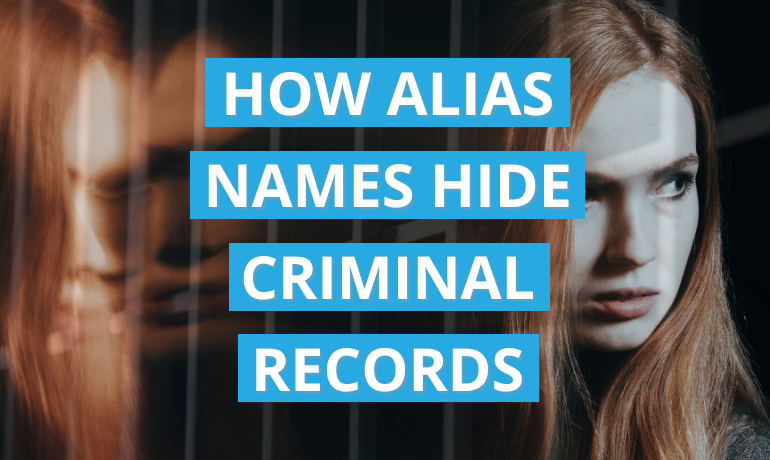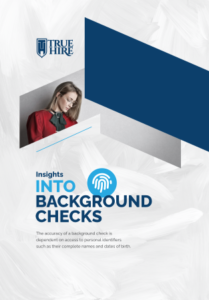New Hampshire’s strong Second Amendment support helped push a “Stand Your Ground” law over a governor’s veto, but a pair of bills limiting access to guns when mental health problems arise could test the state’s entrenched belief in unfettered gun rights.
The bills will be considered next year in the aftermath of deadly shootings at Sandy Hook Elementary School in Newtown, Conn., and the Washington Navy Yard. They are among perhaps a dozen or more gun control-related bills ranging from banning assault weapons and large capacity ammunition magazines to forbidding such a ban if passed by Congress.
Gun control advocates have failed over the years to restrict gun owners’ rights to keep and bear arms, but the two bills approaching the issue from a mental health viewpoint are getting early bipartisan support.
One proposed by state Sen. David Watters, D-Dover, would add a stringent definition of people judged by a court to be mentally ill to the list of people denied the right to buy guns during background checks. New Hampshire is one of 11 states that don’t report those names to the FBI to include in the National Instant Criminal Background Check System, Watters said.
Federal law bars people who have been involuntarily committed to a mental health facility or declared mentally ill by a judge from licensed dealers. States aren’t required to make the information available to the federal government or to state agencies that perform background checks.




